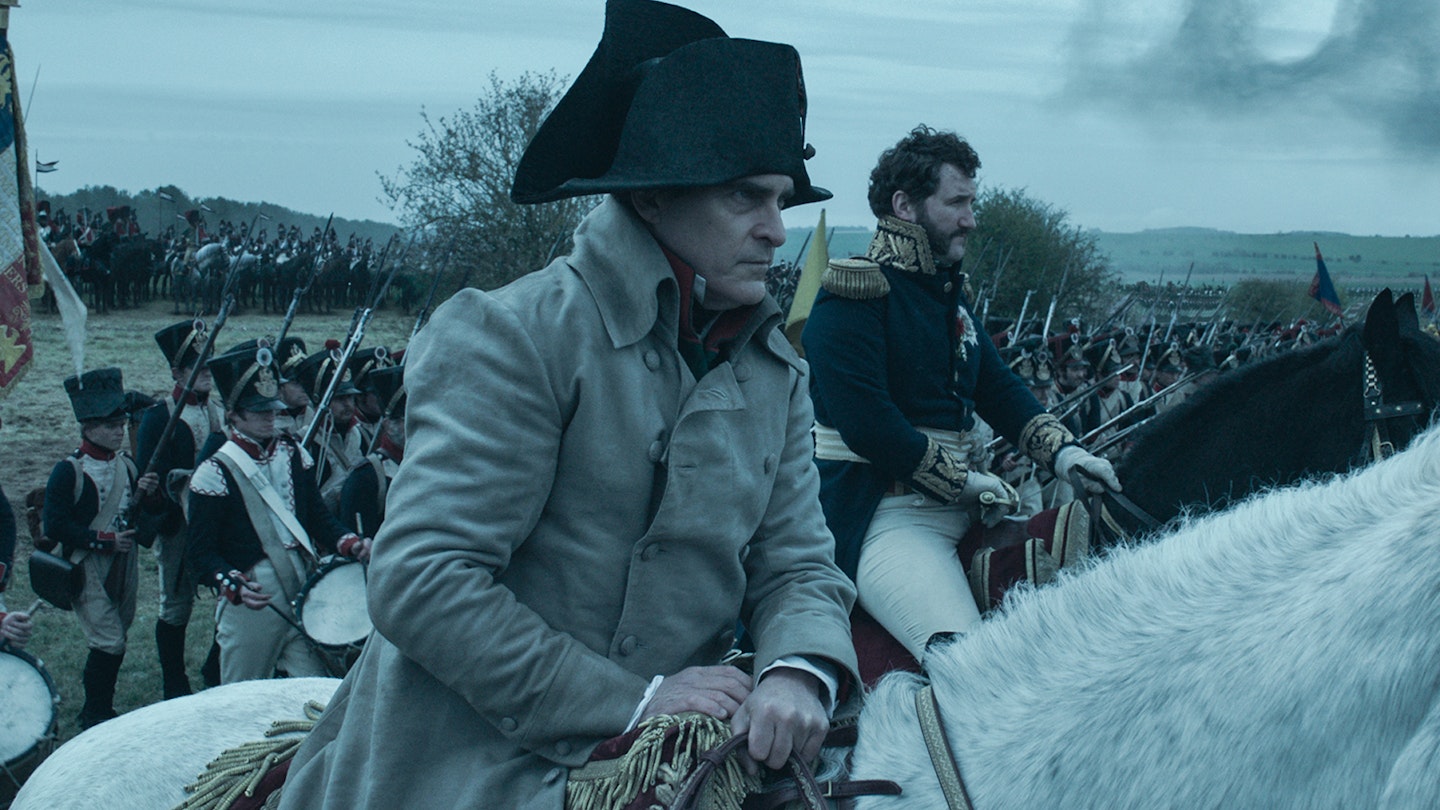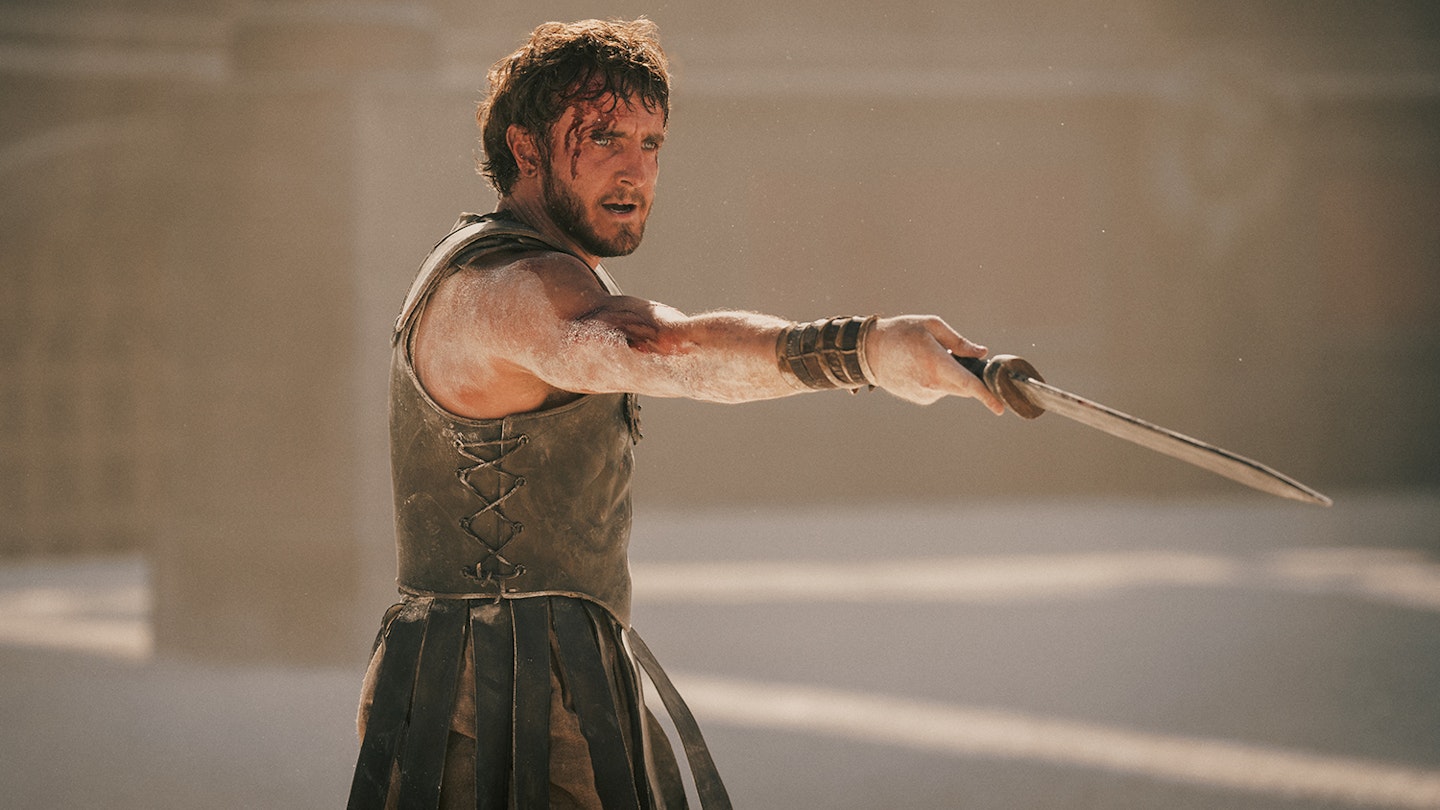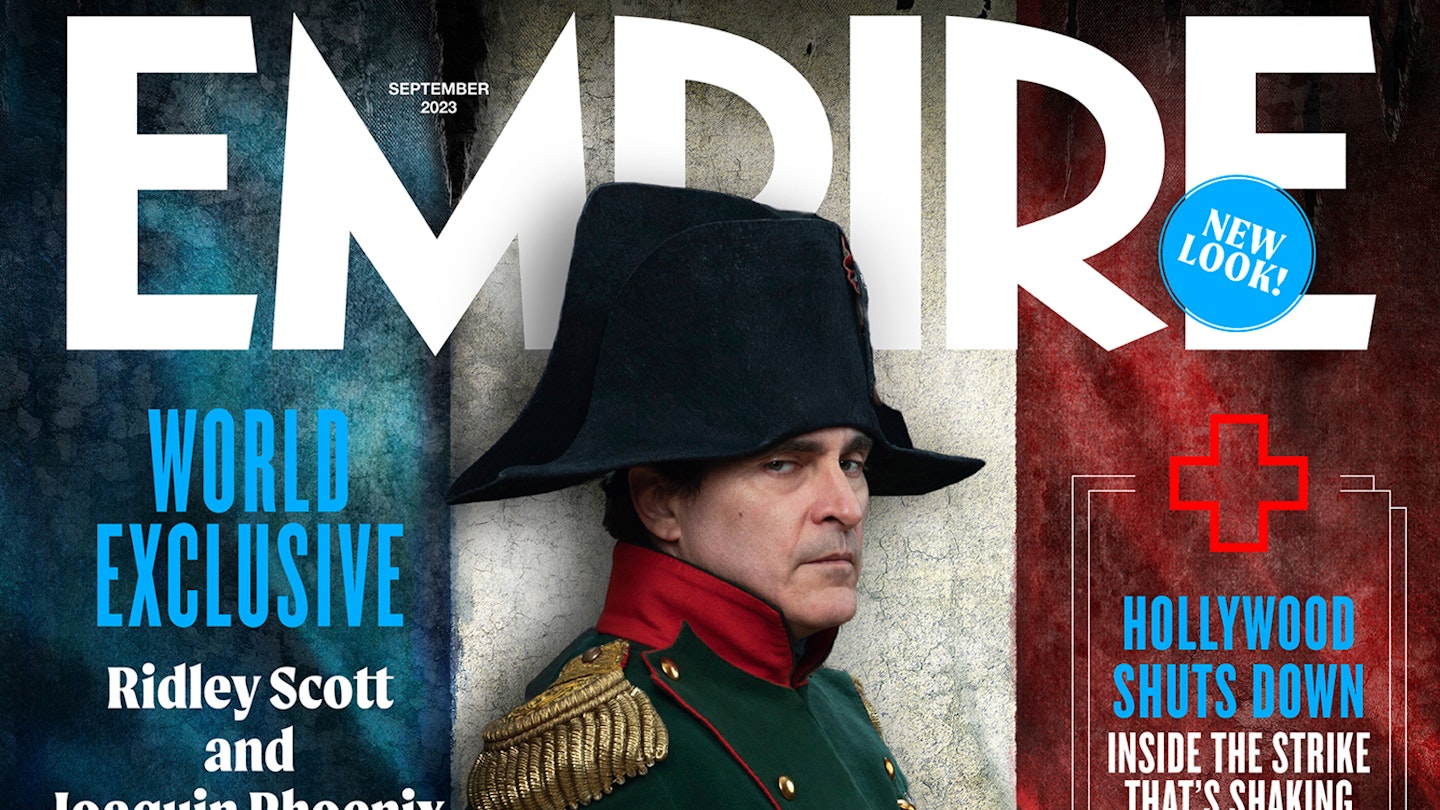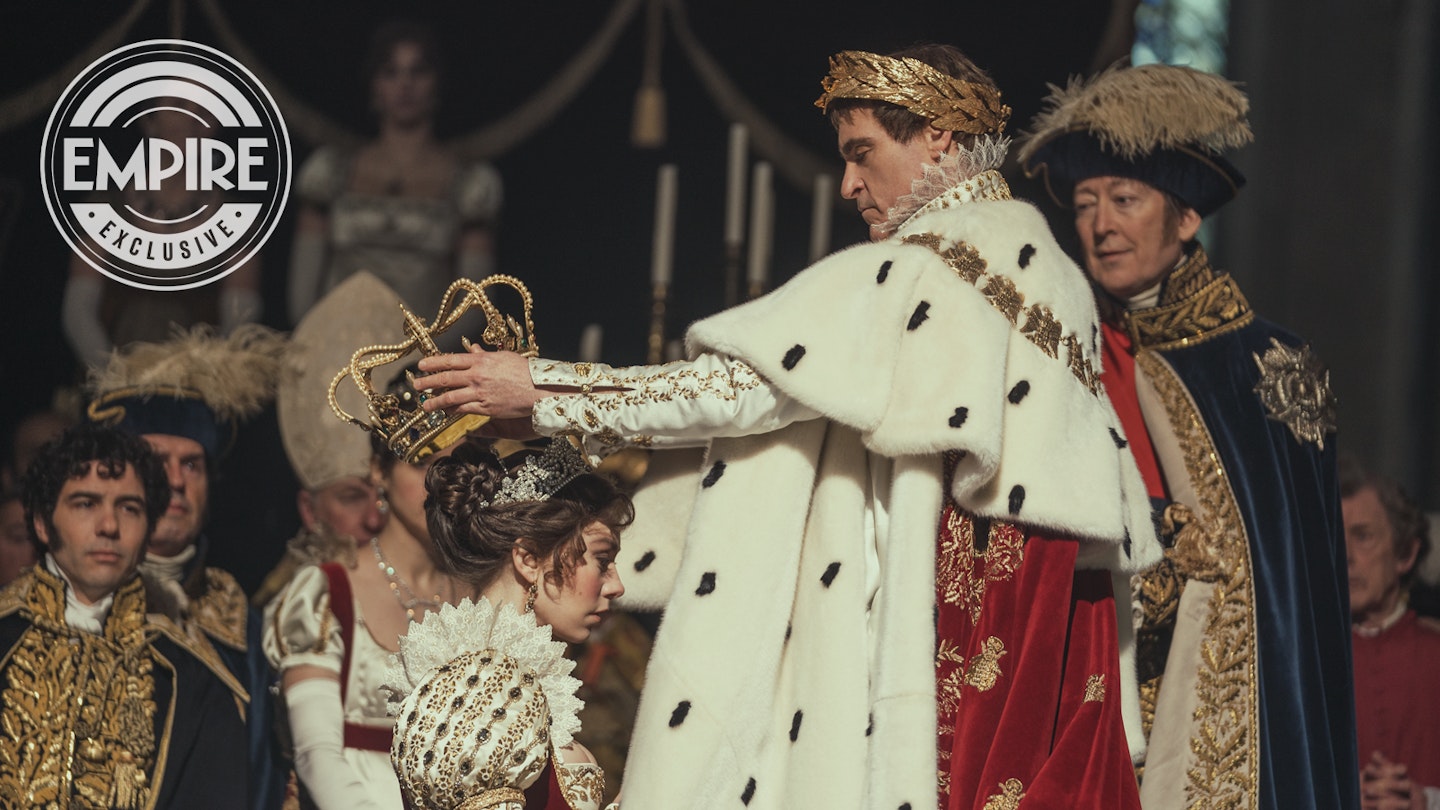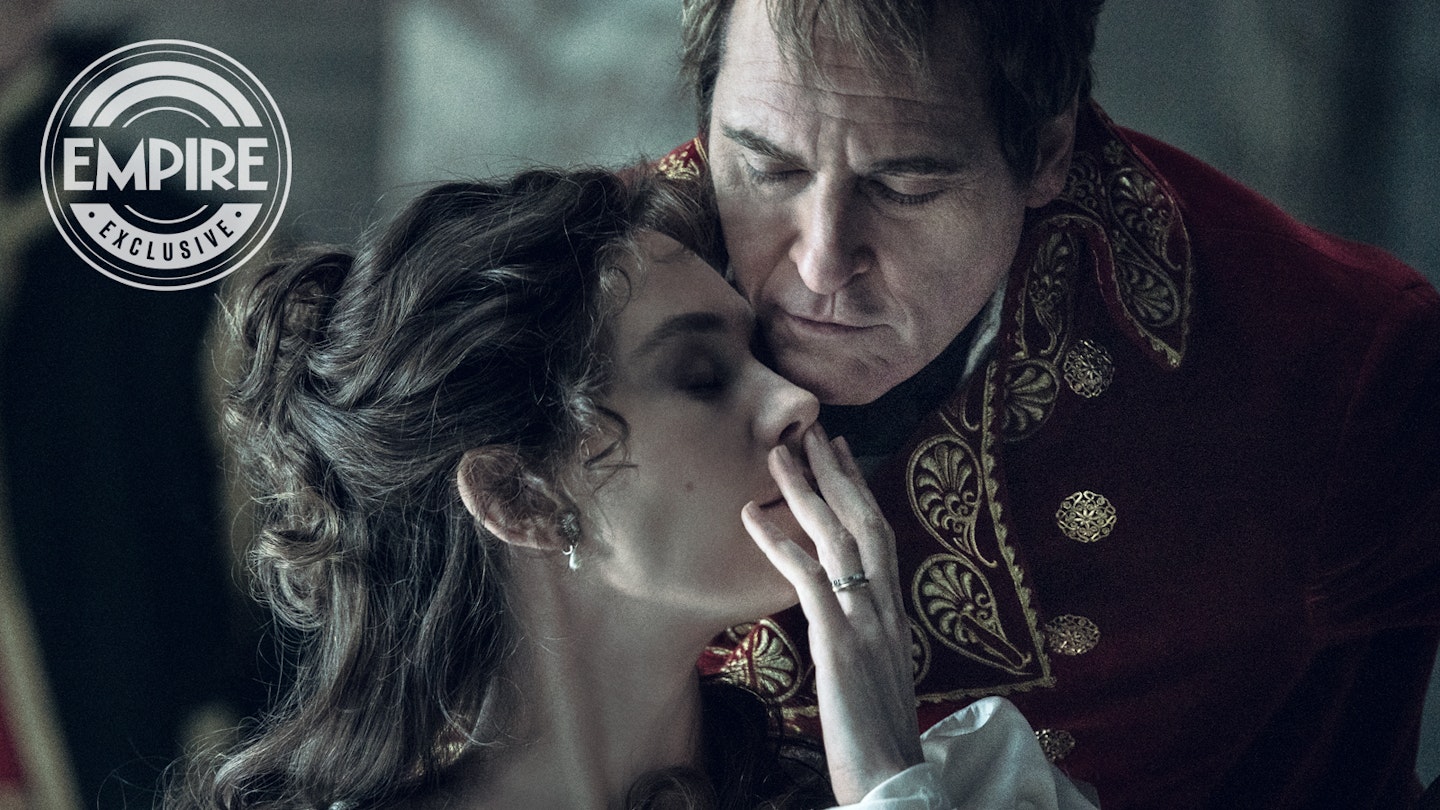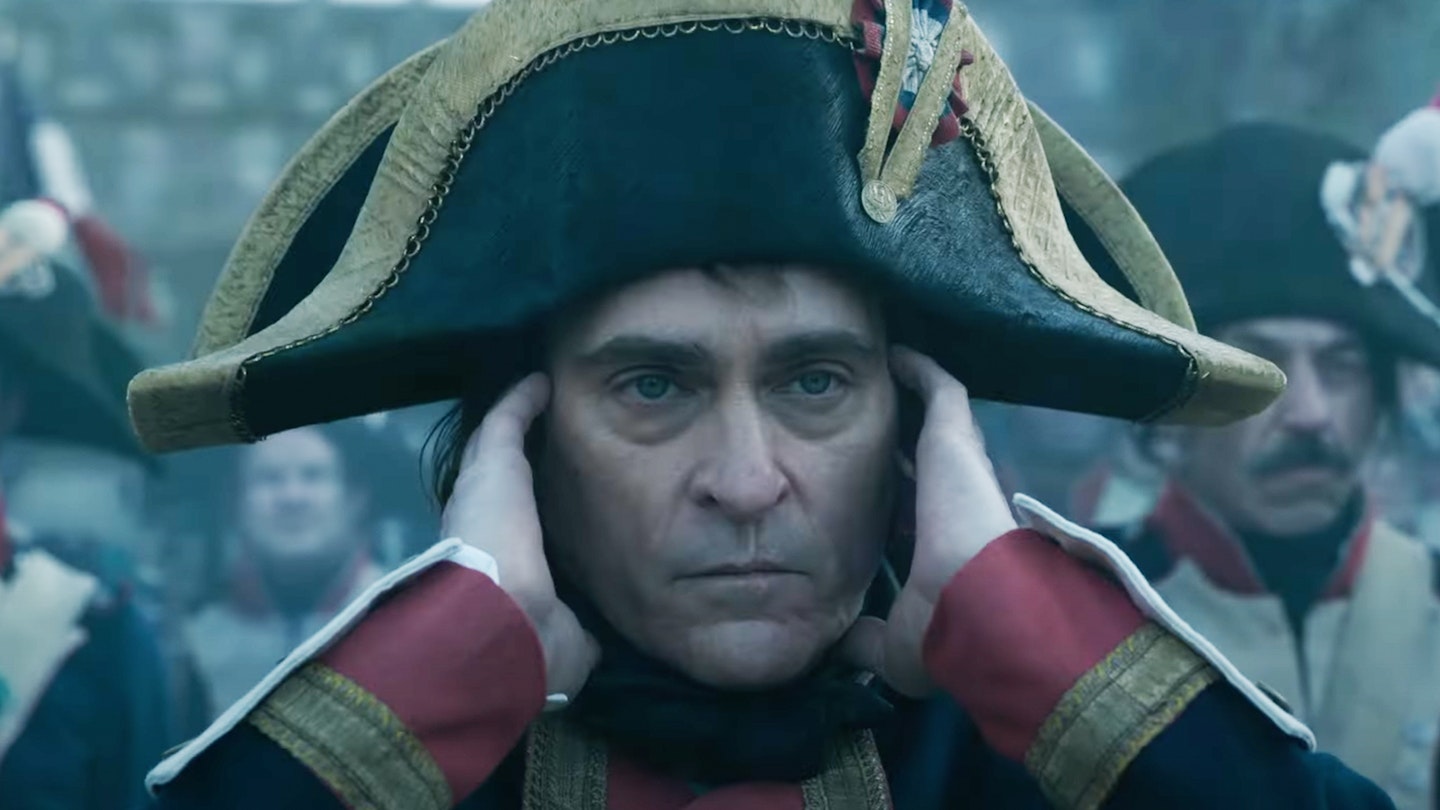The marketing for Napoleon did a bang-up job of making Ridley Scott’s take on the French emperor’s rise and fall look very grandiose and serious. But that’s not exactly what the film is like: this is a historical epic which is constantly on the lookout for subtle ways to undercut historical epics. If a man steps solemnly ashore on a beach in his beloved France, and bends, and kisses the ground, in a mark of ceremonial patriotism, that man will have to wipe sand off his lips a few moments later, and this is a film which shows you this. It would be going too far to describe it absolutely as a comedy, but in David Scarpa’s script, Scott’s direction, the rhythm of the editing by Claire Simpson and Sam Restivo, and in Joaquin Phoenix’s deadpan performance, the impulse to offset and amuse is strong.
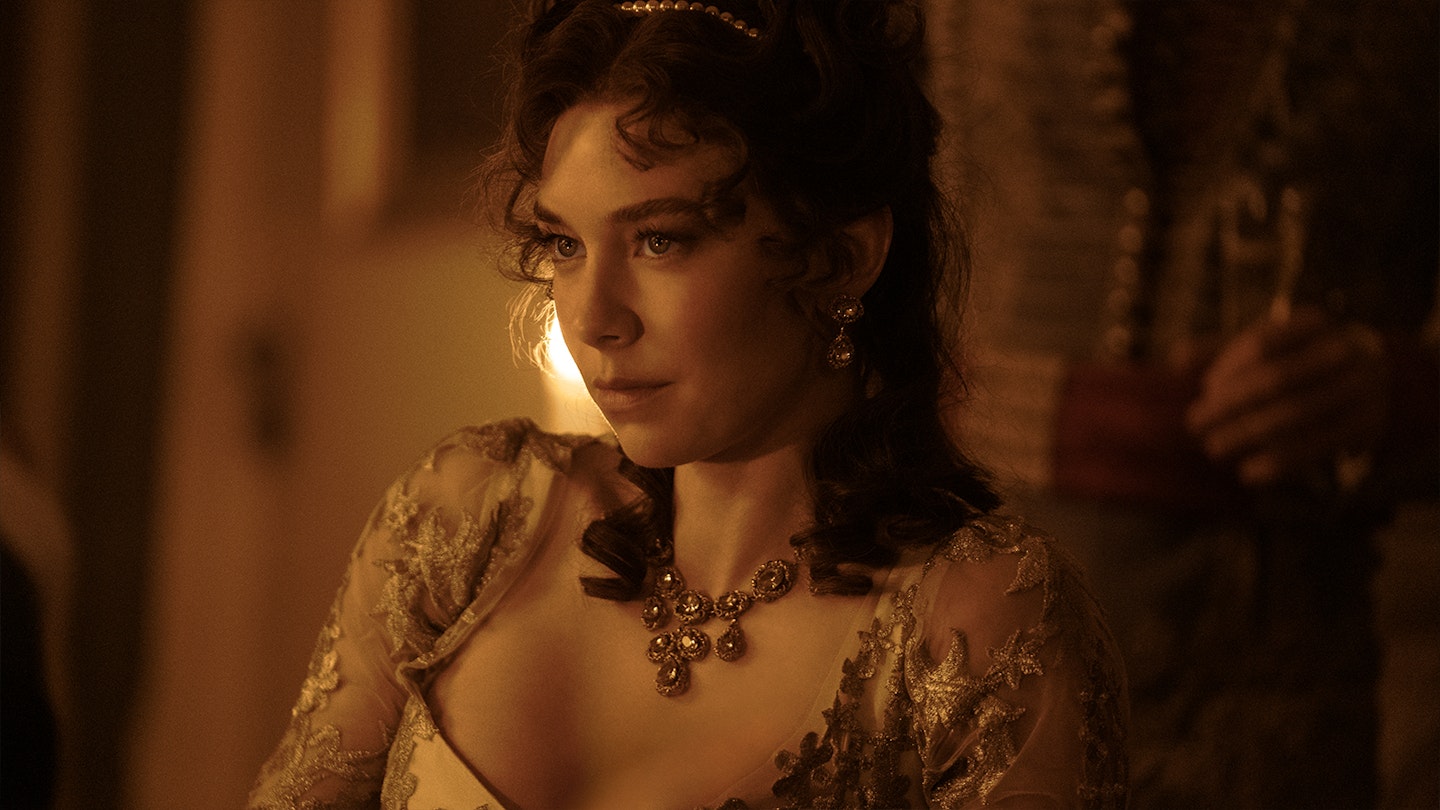
We meet the man himself during the height of The Terror — aristocratic heads are being lopped off, left, right and centre. Robespierre (Sam Troughton), effectively the nation’s judge, jury and executioner, is getting a little too comfy in his role, and once he is duly hoisted by his own petard, there’s a power vacuum to be filled. Step forward, Napoleon Bonaparte. He’s presented as a man who gets his kicks from two things: wars and sex. The wars can be with basically anyone — he’s a slut for military conflict — but the sex is focused on one person, the lovely, husky-voiced Joséphine de Beauharnais (an excellent Vanessa Kirby), with whom he’s erotically fixated. Napoleon turns out to be very good indeed at the battles, but is mostly crap at sex, which is a nice twist when you consider cinema’s long history of equating proficiency at violence with a talent for love-making.
Scott shows the rot setting in, but it’s not the same ‘mad tyrant’ characterisation that tends to conclude such arcs.
Not that Napoleon is depicted as an infallible military genius, either: Scott shows the rot setting in, but it’s not the same ‘mad tyrant’ characterisation that tends to conclude such arcs. While Scott’s Napoleon sees himself as following in the footsteps of the likes of Julius Caesar, it’s the Roman emperor Caligula’s famous wish that the people of Rome had only one neck between them — because it would have made mass execution nice and simple — which finds an echo in this particular Napoleon’s exasperation that he is unable to personally aim each individual cannon on the field of Waterloo.
Whether or not the guy ever really said, “If you want something done, do it yourself,” this is certainly the attitude he embodies as he heads towards the climactic battle immortalised by ABBA. Scott’s entertaining and plausible interpretation of Napoleon, ultimately, is that — like many a great film director — he was something of a micromanager.
